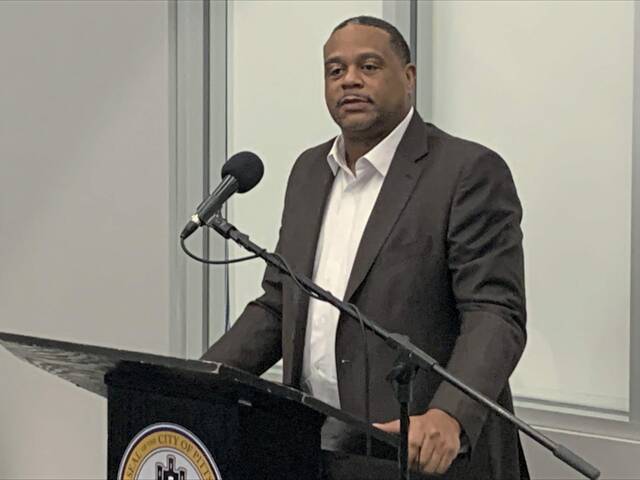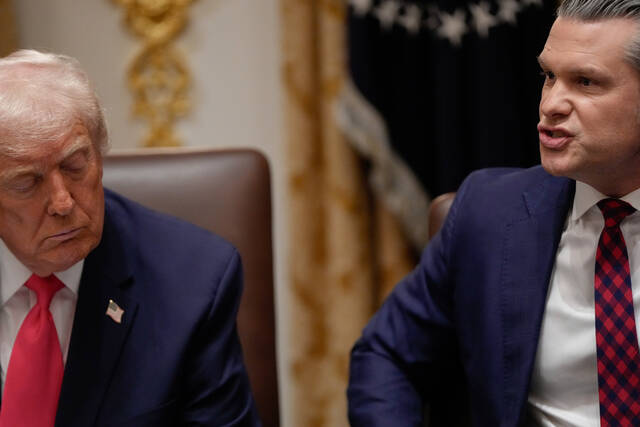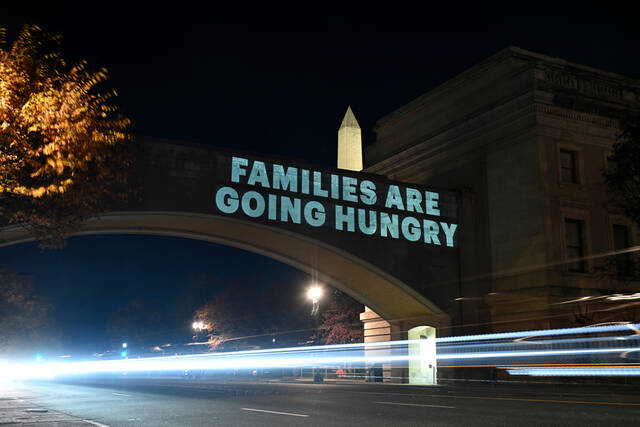As Downtown Pittsburgh property values continue to go down along with the tax revenue that the city needs to maintain essential services, Mayor Ed Gainey and the city are at a crossroads. Pittsburgh is not alone in this post-pandemic urban struggle, but Pittsburgh does not seem to be headed for recovery.
Gainey continues to assure anyone who will listen that all is well, but the truth is closing in on him. As first reported by KDKA-TV’s Andy Sheehan, City Controller Rachael Heisler has called for Gainey to develop “an economic plan that includes these reductions in revenue,” because Downtown represents 25% of the city’s taxable real estate, which amounts to $30 million a year in revenue.
“If we don’t act, we will have very, very difficult choices to make in the days ahead. We’re still in a position where we can make changes that make the next three, four, five years less painful. But the longer we wait, the more painful it will be,” Heisler said.
Gainey has already cut police services beyond the point where citizens and police officers feel safe, which means that more cuts there are not the answer. Despite his claims that he had no interest in defunding the police, he has effectively done just that. As officers retire or find better jobs, Gainey has responded with feeble police academy enrollments and a force spread way too thin.
More upcoming retirements and a “not family friendly” shift schedule designed to make the best of the limited number of street-ready officers will likely discourage new recruits and send more younger officers elsewhere.
WPXI-TV’s Rick Earle reported recently that there were only 14 officers in seven cars patrolling the entire city for two nights at the end of February. That was a drop from the usual 40 to 60 officers on duty at night under the previous scheduling policy.
When you have already cut costs and services to the bone and beyond, the only other option is to increase revenue.
Physical and economic development are vital sources of revenue, but you have to let developers develop if you want that to happen. The mayor’s administration has done little but put obstacles in the path of new development, letting neighborhood politics or so-called affordable housing policies get in the way of revenue-producing private investment.
There is national competition for those private development dollars, and Gainey has provided no reasons for an investor to pick Pittsburgh. Right now, Cleveland, Boston, Columbus and Washington, D.C., all have far more attractive development incentives than Pittsburgh.
Other Pittsburgh mayors faced tough times. Richard Caliguiri, Sophie Masloff and Tom Murphy all had to keep moving the city forward and avert calamity when economic or political forces were less than favorable. Each of them fought hard to attract development, using site preparation, infrastructure and any other incentive they could get their hands on.
Each of those mayors drafted everyone to help — major developers, labor unions, our universities, foundations, the Allegheny Conference and our community groups. To save the city this time, the mayor needs to be an effective convener. But he remains at war with UPMC, the region’s largest employer, and refuses to talk to one of the two major newspapers in town.
The politics of division will not work when we need to generate new capital, new ideas and new commitment. The city is waiting for leadership.








